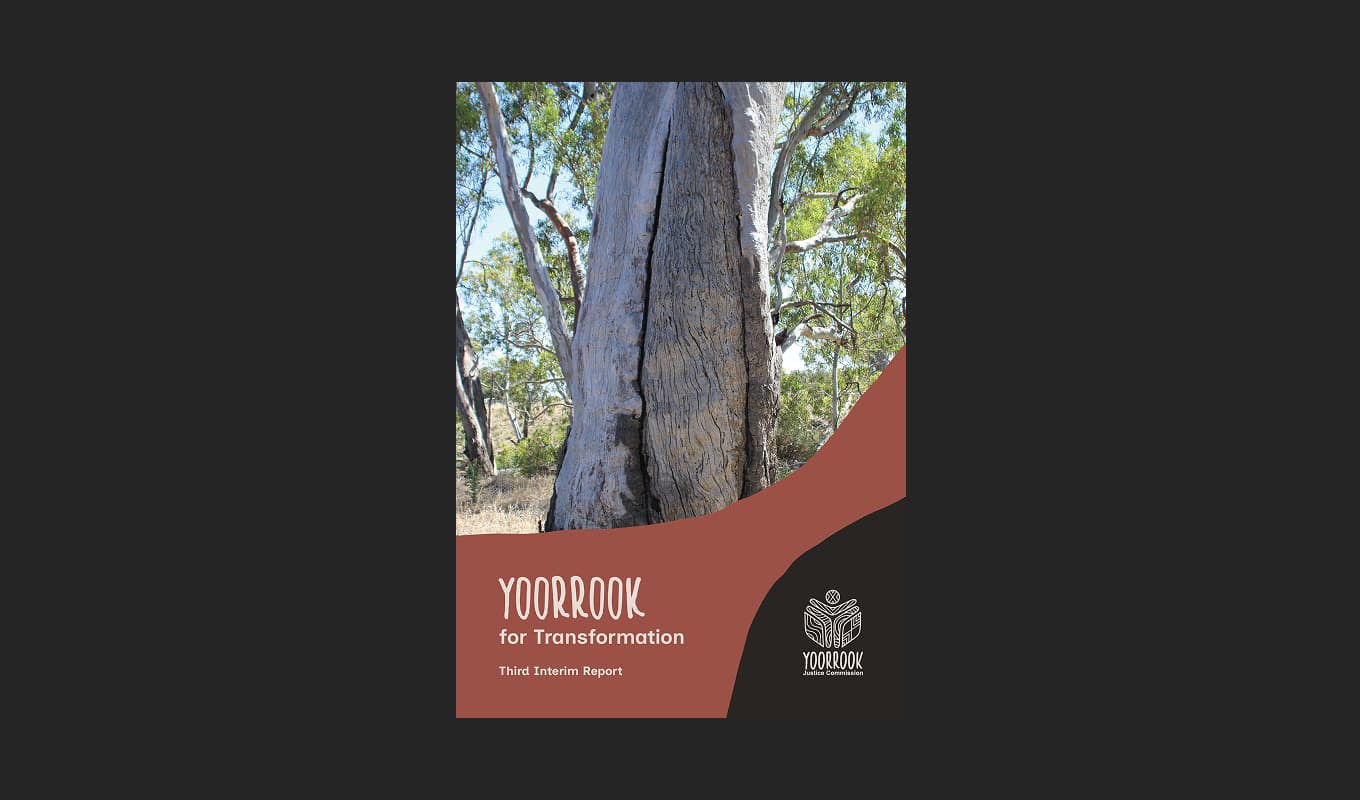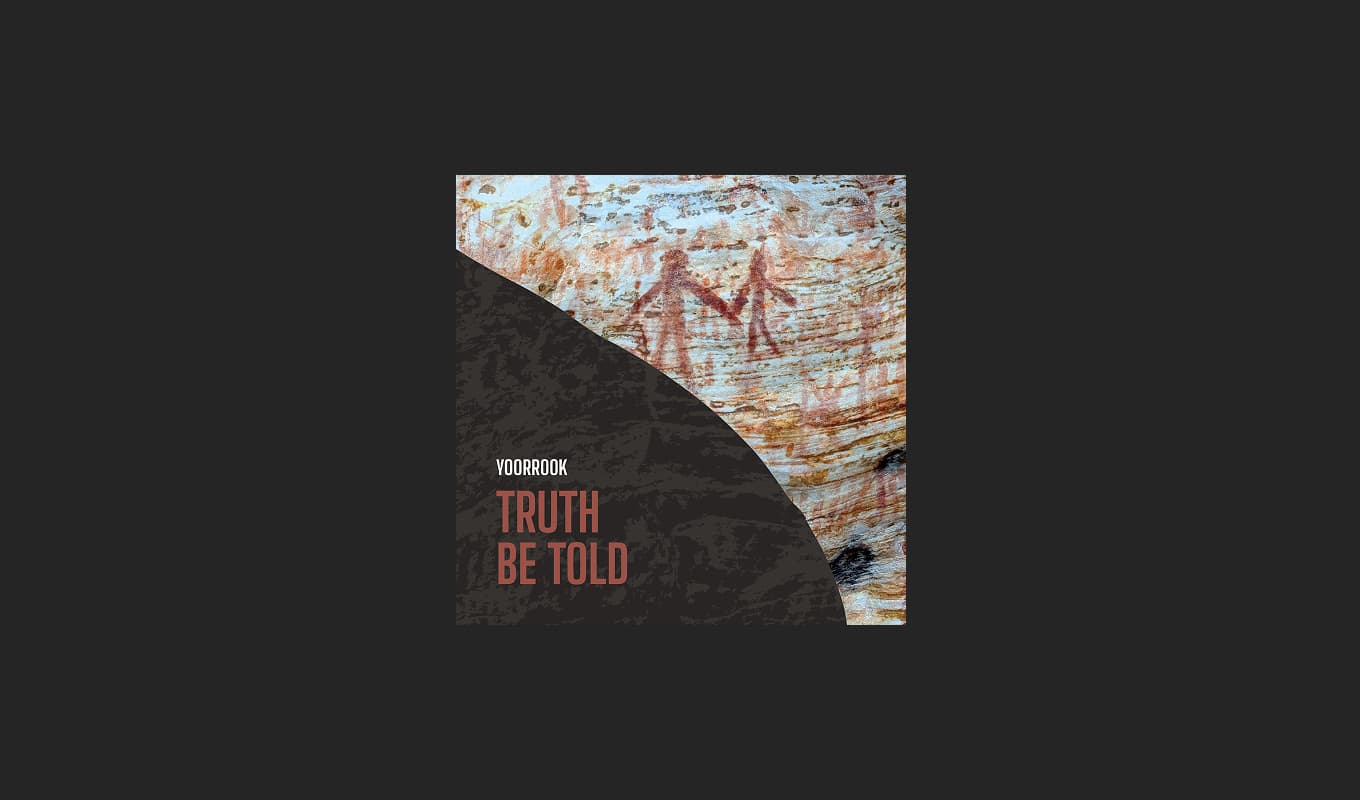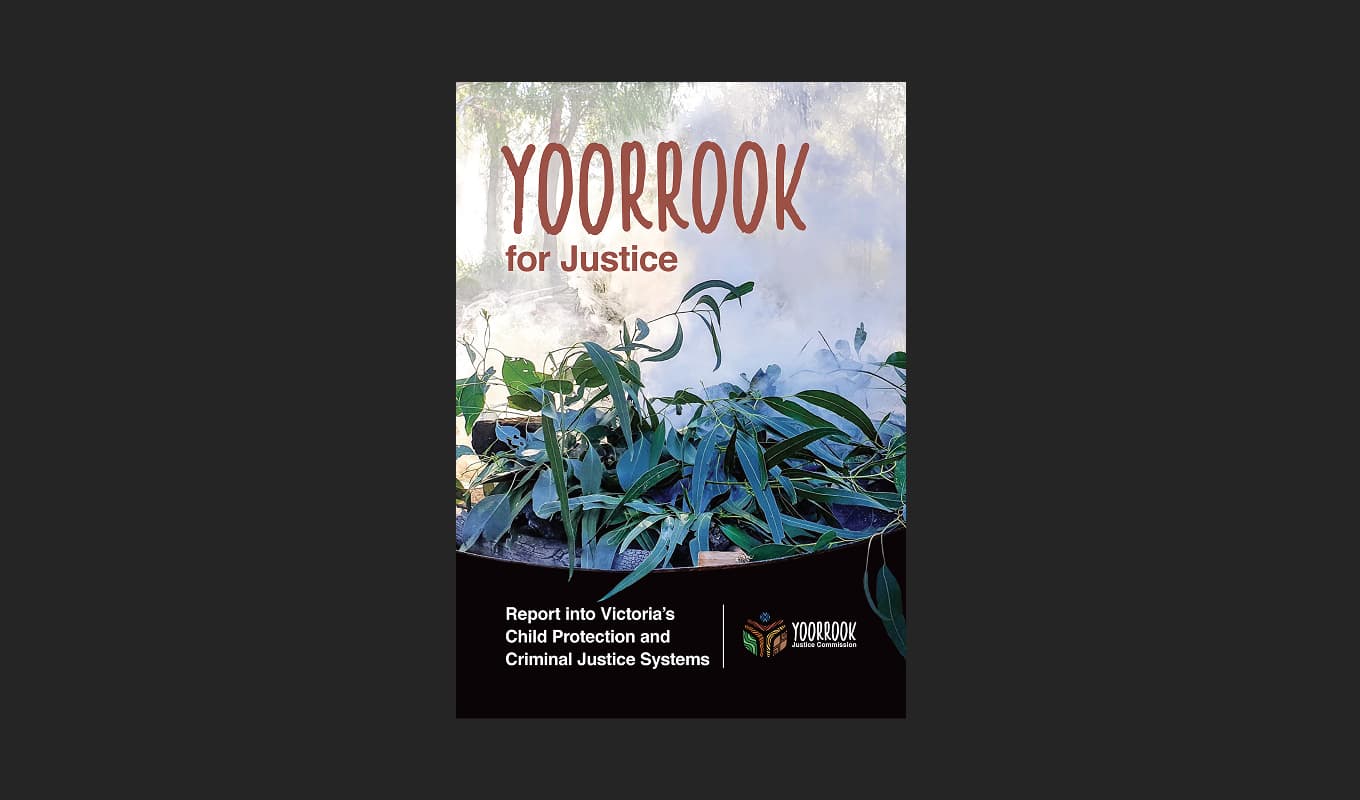Christine Godfrey
Christine Godfrey says their knowledge of colonisation and its impacts on First Peoples is patchy and that we have not been taught that systemic racism and injustice has a long history in Victoria. "If we say we recognise First Peoples as the oldest living culture, then our education system should also teach the stories and legends of First Peoples." They would like to see respect for First Peoples as traditional custodians including by having both English and First Nations place names, protection of dingoes and incorporation of First Peoples land management practices.
Submission Transcription
My knowledge is patchy; this is in itself a reflection of the broader history of colonisation. In all cultures, the received history of colonisation is the story of the exercise power told by the hegemony. Perhaps what characterises the history of the impact of colonisation on First Peoples in Victoria, is that the story of the dispossession and displacement of First Peoples from their lands has been only slowly recognised and the history of the massacres and violence that took place in Victoria was not something that was taught in the education system until relatively recent times. In Victoria, we have often learned about the impact of the trauma of the Stolen Generations at the time when a prominent First Nations person has passed away. We were not taught that systemic racism and injustice had a long history in Victoria. We would prefer to think that this was part of the shadow of the colonial past, but we know that First Peoples are over-represented in the criminal justice system.
In Victoria, I suspect that our unconscious bias leaned towards believing that the worst aspects of systemic injustice from colonisation were manifested in the ‘deep north’ of Queensland or the ‘wild west’ of West Australia. The tragic death of Tanya Day following her being held in a police cell at Castlemaine for appearing to be intoxicated and being unable to find her train ticket tells us much about the ongoing impact of systemic racism and injustice in Victoria.
My experience of learning about First Nations history and culture in Victoria’s education system was very limited. When I studied Australian History at school, a First Nations woman came to speak of her mother’s experience of being part of the Stolen Generation. We were all shocked but when we went back to class the messaging was that terrible things happened in the past through misguided policies. There was no mention of the frontier wars, or of systemic dispossession and displacement.
We learned nothing of First Nations culture. My son went to primary and secondary school in Sandringham. The schools took the children on the usual trips to the museums and various historic sites. In all that time, they never went to see the beautiful sculpture of The Ancient Yarra River with Benjil’s Eggs in Black Rock nor the Barraimal (Emu) Constellation Sculpture in Brighton.
In Victoria, Year 7 children learn about Greek myths in Heroes, Myths and Legends, but learn nothing about the stories of First Peoples.
Cultural suppression can be both intentional and unintentional. To give just a few examples, if we say that we recognise that First Peoples are the traditional custodians of the land on which we gather, then to avoid cognitive dissonance, we could recognise that by having both English and First Nations place names. Dingoes are a sacred animal for many First Nations people. If we say we respect the culture of First Peoples, then we should also respect the significance that dingoes hold for First Nations people. The lethal management of dingoes does not recognise the significant role that dingoes play as an apex predator. Cultural burning has been used by First Nations people as a land management practice to reduce the risks of bushfires, encourage new growth, and protect native wildlife on Country.
It is important to demonstrate respect for First Peoples’ cultures by learning from them and incorporating First Peoples’ land management practices.
Truth-teller consent
Contact us about this submission
Contact us if you’d like to discuss this submission.
Similar submissions
Explore submissions from other witnesses that discuss similar topics.
Viki Sinclair (Fowler)
Viki Sinclair is a direct descendant of one of the original settlers of Gippsland, Colin McLaren. In this submission, she tells her personal story of... more
Anonymous 1481
The author has a broad understanding of colonisation’s impact on First Peoples but feels Victoria's education system was extremely limited in teaching... more
Denise Cusack Sister of Our Lady of Sion
Denise Cusack, Sister of Our Lady of Sion, found attending some of the Yoorrook Justice Commission public hearings to be a deeply moving experience,... more
Melissa Turnbull
Melissa Turnbull describes the brutal colonisation of Victoria, including undocumented massacres and displacement of First Peoples. Her education on F... more
Reports and Recommendations
Read the official reports and recommendations of the Yoorrook Justice Commission.

Yoorrook for Transformation
Third Interim Report: A five-volume comprehensive reform report presenting evidence and findings on systemic injustices, and specific recommendations for meaningful change to transform the future.

Truth Be Told
An official public record that documents First Peoples experiences since colonisation, preserves crucial testimonies for future generations and creates an enduring resource for education and understanding.

Recommendations for change
Yoorrook Justice Commission’s recommendations for truth-telling, justice, and systemic reform in Victoria.
